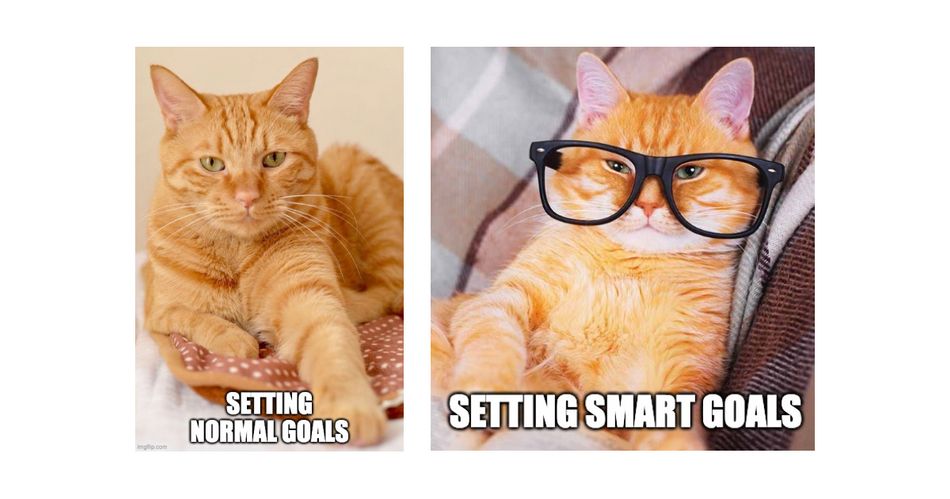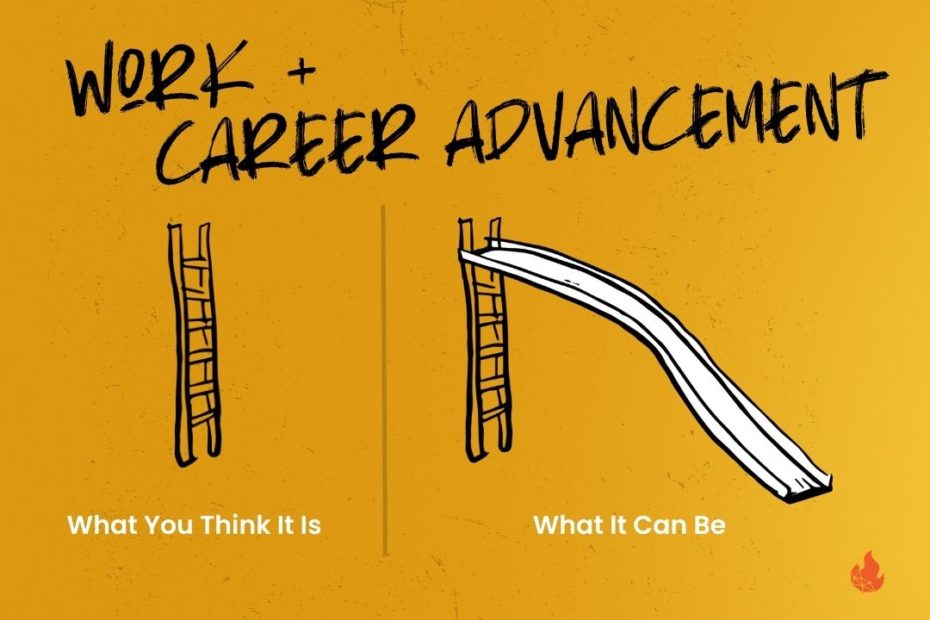productivity tips · Dec 14, 2023
10 Tips for Designing and Developing Your Career Roadmap

Embarking on a successful career journey doesn't happen overnight; it requires careful planning, strategic thinking, and a clear roadmap. Crafting your career path is a dynamic process that involves setting goals, navigating challenges, and staying adaptable to change.
In this blog post, we'll explore 10 essential tips for designing and developing your career roadmap. So, buckle up – your career adventure awaits!
Read more on 5 Ways to Build Resilience for Any Career Challenges .
1. Start with Self-Reflection: Uncover Your Passion and Strengths
Before you sketch out your career roadmap, take a moment for self-reflection. What are your passions? What activities make you lose track of time? Identify your strengths and weaknesses. Use this self-awareness to align your career goals with what truly motivates and excites you.
2. Set SMART Career Goals: Specific, Measurable, Achievable, Relevant, Time-Bound
When establishing your career goals, follow the SMART criteria. Make sure they are Specific (clear and precise), Measurable (quantifiable), Achievable (realistic), Relevant (aligned with your values), and Time-Bound (have a deadline). This approach provides a solid foundation for your roadmap.

3. Create a Career Planning Template: Your Blueprint to Success
Developing a career planning template can be a game-changer. Outline your short-term and long-term goals, skills you need to acquire, and potential obstacles. This template will serve as your guide, helping you stay organized and focused on your career development journey.
4. Embrace the Career Planning Process: A Step-by-Step Approach
The career planning process involves several steps, from self-assessment to goal setting and implementation. Familiarize yourself with these steps and tailor them to your unique journey. Don't rush; take the time to explore each phase thoroughly.
5. Craft a Dynamic Career Roadmap: Stay Flexible and Adaptable
A career roadmap is not a rigid structure; it's a dynamic guide that evolves with your experiences. Embrace flexibility and adaptability. Be open to detours, as unexpected opportunities may lead to exciting destinations.

Source: Ladderburners
6. Develop a Career Development Plan: Actionable Steps Towards Success
Your career development plan is the bridge between your goals and reality. Break down your objectives into actionable steps. Whether it's gaining a new skill, networking, or pursuing further education, having a plan makes your journey more achievable.
7. Map Out Your Career Journey: Visualize Your Progress
Consider creating a visual representation of your career journey. This could be a flowchart, a mind map, or even a vision board. Visualization can reinforce your commitment, making it easier to track your progress and stay motivated.
8. Identify Potential Career Paths: Explore Your Options
Your career path might not be a straight line. Identify alternative routes and explore different career paths. Networking, informational interviews, and internships can provide valuable insights, helping you make informed decisions about your professional journey.
9. Seek Mentorship: Learn from Those Who Have Walked the Path
Mentorship is a priceless resource in career development. Seek guidance from experienced professionals who have navigated similar paths. Their insights can offer invaluable perspectives, helping you make informed decisions and avoid common pitfalls.
10. Regularly Evaluate and Adjust: Stay on Course
Career development is an ongoing process. Regularly evaluate your progress against your goals. Adjust your roadmap as needed, considering changes in the industry, personal growth, and shifting priorities. Flexibility is key to staying on course.
In summary, designing and developing your career roadmap is a journey in itself. From self-reflection and goal setting to creating templates and seeking mentorship, each step is a vital component of your success.
Keep in mind that your roadmap is a living document, meant to evolve as you grow both personally and professionally. Embrace the adventure, stay focused, and enjoy the fulfillment that comes with crafting a career that aligns with your passions and aspirations.
Remember, your career journey is uniquely yours, and with these 10 tips in hand, you're well on your way to navigating the exciting twists and turns that lie ahead. Happy career planning! 🎉


